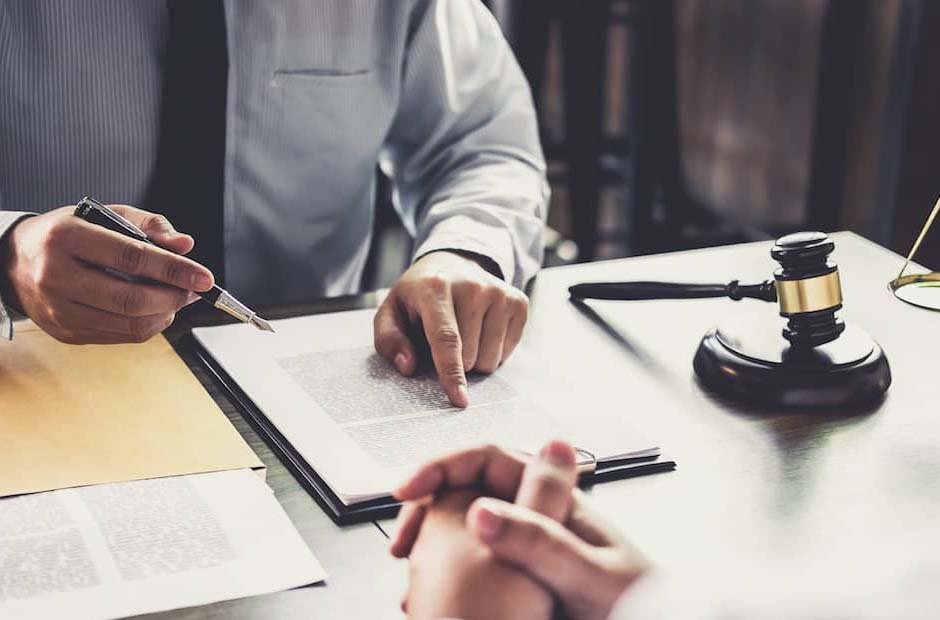When you’re faced with the challenge of a personal injury case, the key to a successful outcome often lies in the strength of your evidence. Substantiating your claim with clear, robust evidence not only supports your narrative of events but also quantifies your losses and proves the extent of your injuries. Whether you’re dealing with an insurance claim or a court proceeding, understanding the types of evidence that are critical can help you and your attorney construct a compelling case.
Photographic and Video Evidence
Photos and videos taken immediately after the incident can be pivotal. They provide an accurate depiction of the scene, showing everything from the location, time of day, weather conditions, and any hazards that could have contributed to the injury.
Visual evidence of your injuries soon after the accident helps demonstrate their severity. Continue to document the healing process with dated photos to illustrate the duration and progression of your recovery.
Medical Records
Comprehensive medical records presenting an official account of your injuries:
- Doctor’s notes
- Diagnostic tests
- Treatment plans
- Prognoses
Detailed records of all medical-related expenses, including:
- Hospital bills
- Medication receipts
- Costs for therapy or rehabilitation
- Documents proving the economic impact of your injury
Witness Statements
Eyewitness Accounts
Statements from those who witnessed the event can corroborate your version of the circumstances that led to your injury. Obtain contact information from witnesses as soon as possible following the incident.
Expert Testimonies
In some cases, testimony from experts including: accident reconstruction experts, medical professionals, or other specialists can provide additional credibility to your claim.
Official Reports
Police Reports
If law enforcement was called to the scene, a police report would have been filed. This report can include officer observations, diagrams of the scene, and sometimes an initial assessment of fault.
Incident Reports
If your injury occurred in a place like a business or a rental property, there should be an incident report. Request a copy as this document can provide vital information for your claim.
Personal Account and Diary
Maintaining a diary can be invaluable. Documenting your daily pain levels, limitations, mood changes, and the ways your injury impacts your life serves as evidence of your suffering and aids in justifying claims for pain and suffering damages.
Employment Records
If your injury forced you to miss work, documentation such as pay stubs, a letter from your employer, and records of missed opportunities can illustrate the loss of income related to the injury.
Physical Evidence
The object or tool that caused the injury should be preserved, if possible. In vehicle accidents, the car itself can be a crucial piece of evidence. For product liability cases, the defective product should be kept in its post-accident state without any alterations.
Legal and Insurance Correspondence
Save all correspondence with insurance companies and involved parties. This includes claim forms, denial or acceptance letters, and any other communications that could inform your case.
Financial Documents
Provide evidence of all out-of-pocket expenses tied to the injury, including transportation costs to medical appointments, renovation costs for home accessibility modifications, and any adaptive equipment you’ve purchased.
The Importance of Timeliness in Your Personal Injury Case
Now that you have all the necessary documents to commence your case, it’s important to file your lawsuit promptly. According to the law firm of Shapiro | Delgado | Hofmann in Bradenton, the more time that elapses between the incident in question and the case, the greater the likelihood it will hurt your case.
Delaying legal action can lead to logistical difficulties. Over time, witness accounts may become less precise, documents can be misplaced or lost, and the overall narrative may become less compelling as memories fade.
The assembly of evidence is a process that ideally begins at the moment of the injury and continues throughout your recovery. By gathering and preserving a comprehensive evidentiary record, you strengthen your position, whether it’s during insurance negotiations or in the courtroom. Partnering with an experienced personal injury attorney can ensure that no stone is left unturned and that every relevant piece of evidence is utilized to its full potential, propelling your case toward a satisfactory resolution.
















